Infection and Immunity nieuws
Mar 8: Janneke van de Wijgert appointed Chief Science Officer Infectious Diseases at RIVM

Translational infectious diseases investigator prof. Janneke van de Wijgert (Julius Center) has been appointed Chief Science Officer (CSO) Infectious Diseases at National Institute for Public Health and the Environment (RIVM) as of 1 March 2020. She will fulfill this part-time position in addition to her academic duties as a scientific researcher and professor of epidemiology of infectious and immune-mediated diseases at UMC Utrecht.
Read moreFeb 25: Complex set of genes responsible for adaptation and survival of Enterococcus faecium
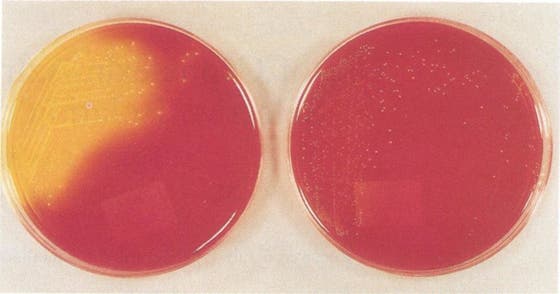
PhD research by Vincent de Maat at UMC Utrecht has revealed new genetic techniques to study the genome of E. faecium and to more easily manipulate its genome to get a better understanding of its gene function. The results show that not a singular gene is responsible for its improved adaptation and survival allowing it to become a successful hospital associated disease, but a complex set of genes which are largely present across E. faecium strains.
Read moreFeb 24: People still die from chronic Q fever

The largest global Q fever outbreak ever took place in the Netherlands between 2007 and 2011, and is still resulting in deaths. This is evident from the latest update of the National Chronic Q fever Database in which 116 deaths were reported in the latest update, compared to 95 in 2018. At that time, a very large number of people became infected with the Q fever bacterium Coxiella burnetii. Q fever is caused by this bacterium that passes from animals to humans, a so-called zoonosis. In most people the bacteria disappear from the body, but not in everyone. In that case we speak of chronic Q fever.
Read moreFeb 24: How mathematical modelling contributes to control of infectious diseases

Mathematic modeling has recently demonstrated that a broad range of non-pharmaceutical interventions may contribute to preventing dissemination of infectious diseases in both pandemic and non-pandemic situations. In particular, hand hygiene, use of face masks, physical distancing, quarantine, isolation, regular screening and contact tracing have all shown to be valuable, powerful instruments in the toolbox of public health officials, concludes Thi Mui Pham, who received her PhD on February 23 in Utrecht.
Read moreFeb 23: New insights in the regulation of inflammation and fibrosis in systemic sclerosis

Several proteins of interest have been identified and characterized that are thought to play a role in the immune and fibrotic processes that occur in patients with systemic sclerosis. These proteins are potential new therapeutic targets that may offer new opportunities for the treatment of patients with SSc, says Tiago Carvalheiro who defended his PhD thesis in Utrecht on February 22.
Read moreFeb 21: Antibiotics after birth affects gut microbes of babies, study finds
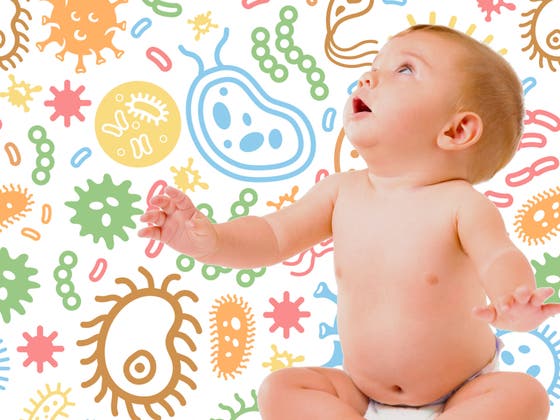
Treating babies with antibiotics in the first week of life is linked with a decrease in healthy bacteria necessary amongst others to digest milk and an increase in antimicrobial resistance, research suggests. Experts say that clinicians should consider using antibiotics in a way that causes least harm to the newborns microbiome - the community of microbes that live in our body.
Read moreFeb 17: New anticancer immunotherapy shows good efficacy/safety balance in nonclinical studies
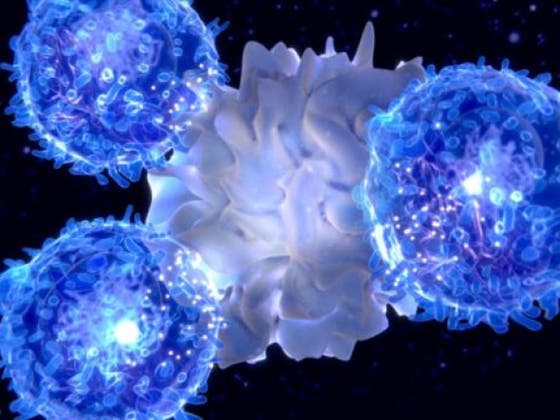
In a series of preclinical studies, PhD candidate Inez Johanna and colleagues at UMC Utrecht provided nonclinical evidence of a good efficacy/safety balance of cell therapy based on conventional T cells engineered to express a defined γδT cell receptor (a new type of immunotherapy against cancer). As a result, one of these novel cell therapies is currently being investigated at UMC Utrecht in a Phase I study in adult patients with hematological malignancies.
Read moreFeb 15: Ecraid begins its fight against infectious diseases
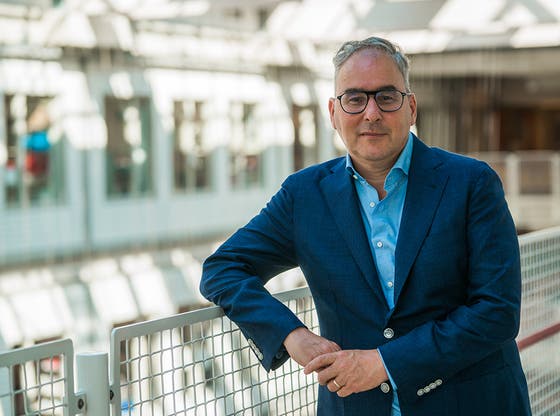
In January 2022 Ecraid became a legal entity and is now fully operational to advance knowledge in the field of infectious diseases. This is Ecraid’s initial step as it evolves into a self-sustaining, not-for-profit organisation conducting clinical research for both public and private sponsors.
Read moreFeb 10: Can we use artificial intelligence to safely taper rheumatoid arthritis drugs?
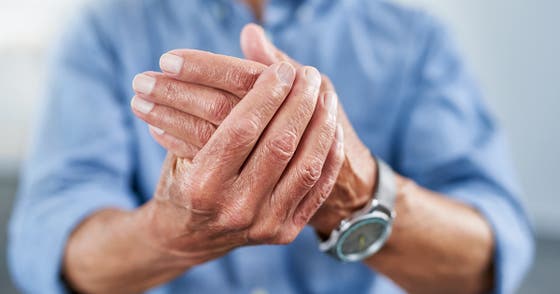
When the disease process in rheumatoid arthritis patients has been brought under control with medication, the medication is usually tapered. Unfortunately, when tapering medication, there is always a risk that rheumatic symptoms will re-appear. Such a flare can usually be treated by increasing the dose of medication. To reduce the risk of a flare, UMC Utrecht has developed a predictive computer model based on artificial intelligence that is now being investigated in a clinical study.
Read moreFeb 8: Automated point-of-care immune system analysis in trauma patients may save lives
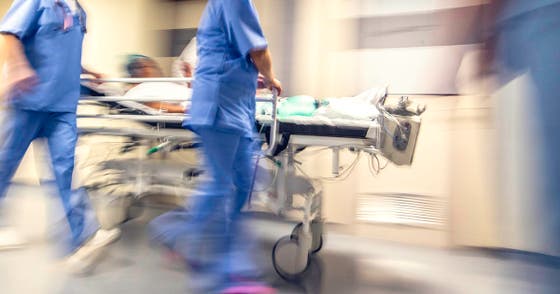
With the introduction of fully automated flow cytometry in traumatology, analysis of the immune system in trauma patients can be done much faster, better and cheaper. In addition, it no longer needs to be performed in a specialized laboratory, but can also be done in a point-of-care setting such as the emergency room, the intensive care unit, in general practice or in a field hospital. According to Roy Spijkerman (UMC Utrecht), who defended his PhD thesis on February 8 in Utrecht, this will allow for a better personalized treatment of trauma patients, with the ultimate aim of saving more lives.
Read more